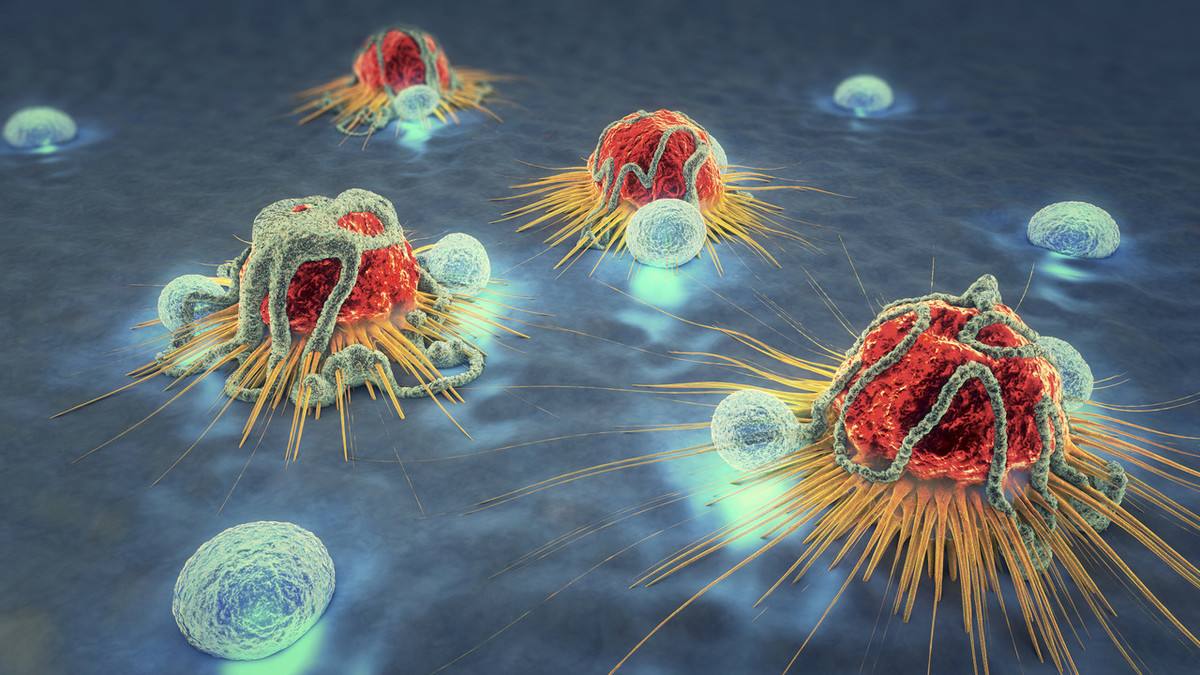YPD-30, a prodrug of YPD-29B, is an oral small-molecule inhibitor targeting PD-L1 for the treatment of human cancer
Cancer immunotherapy is a breakthrough for cancer therapy, changing the landscape of cancer treatment not only by prolonging the overall survival of cancer patients, but also by improving the quality of life. Currently, the most successful immunotherapies include immune checkpoint inhibitors and chimeric antigen receptor (CAR) T-cell therapies.
Anti-human cytotoxic T lymphocyte antigen 4 (CTLA4) antibody was the first immune checkpoint inhibitor to be officially approved by the U.S. Food and Drug Association (FDA), followed by anti-programmed death protein 1 (PD-1)/programmed death-ligand 1 (PD-L1) antibodies3. As the pronounced therapeutic effects of these immune checkpoint inhibitors have been repeatedly reported in different clinical trials, the indications of these immunotherapy drugs are now expanding to melanoma, skin cancer, bladder cancer, head and neck cancer, lung cancer, lymphoma, gastric cancer, pancreatic cancer4 and urothelial carcinoma. Furthermore, anti-PD-1 antibody can also be used in the treatment of patients with unresectable or metastatic tumors with high microsatellite instability (MSI-H), or mismatch repair deficient tumors. More importantly, immune checkpoint inhibitors have been shown to combine with other therapies such as chemotherapy to bring synergistically prognostic advantages to cancer patients. Therefore, many clinical trials are currently underway to investigate more indications and particularly anti-PD-1/PD-L1 antibodies.
Although the available clinical immune checkpoint inhibitors showed great antitumor activities including immune-related adverse events, a low response rate, and limitations in intravenous administration to overcome such shortcomings, small inhibitors targeting the immune checkpoint interaction that can be administered orally are emerging as a novel strategy for immunotherapy.
Currently, most PD-1/PD-L1 agents are administered intravenously, which may be uncomfortable for some cancer patients.
Herein, we develop a novel oral-delivered small molecular, YPD-29B, which specifically targets human PD-L1. Our data suggested that YPD-29B could potently and selectively block the interaction between PD-L1 and PD-1, but did not inhibit any other immune checkpoints. Mechanistically, YPD-29B induced human PD-L1 dimerization and internalization, which subsequently activated T lymphocytes and therefore overcomes immunity tolerance in vitro. YDP-29B was modified as the YPD-30 prodrug to improve druggability. Using humanized mice with human PD-1 xenografts of human PD-L1 knock-in mouse MC38 cancer cells, we demonstrated that YPD-30 exhibited significant antitumor activity and was well tolerated in vivo. Taken together, our results indicate that YPD-30 serves as a promising therapeutic candidate for anti-human PD-L1 cancer immunotherapy.









